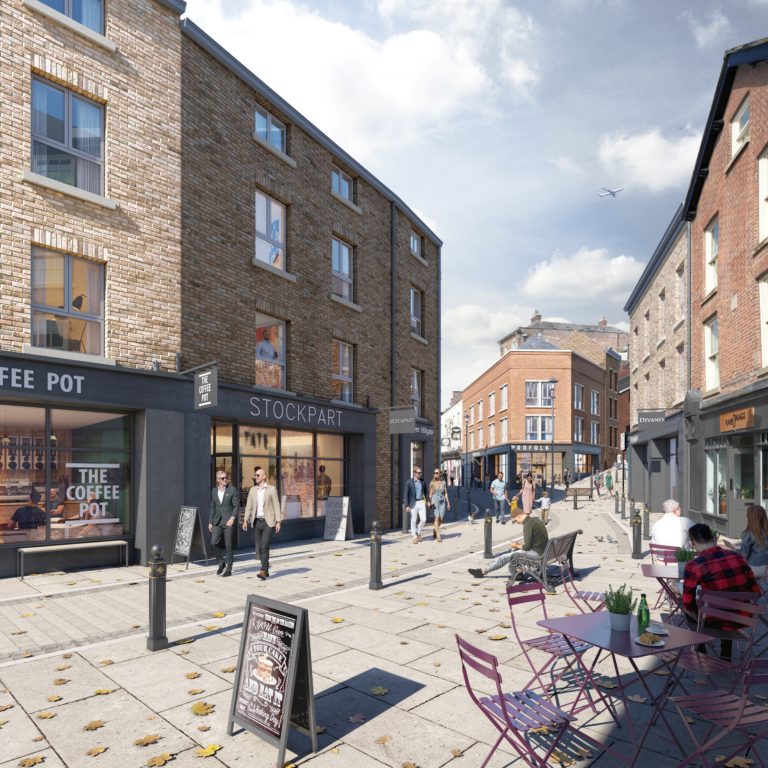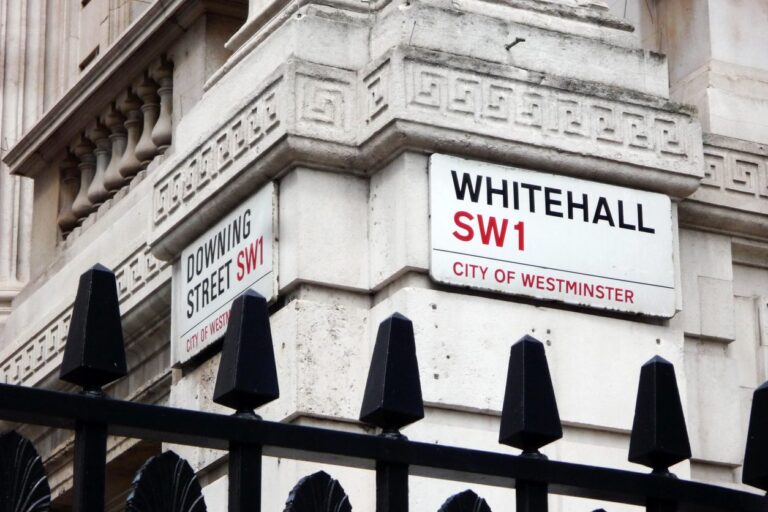The UK government is reviewing plans to allow short-term lets and Airbnb rentals to reopen next month. A new set of protocols is now under review for the industry.
As the UK lockdown continues to be gradually eased, one of the next targets for the government is the tourism and hospitality sector. This could see holiday homes, short-term lets and Airbnb-style properties being able to restart from 4th July.
At the moment, travel restrictions apply across the whole of the UK. People are only allowed to travel when it is essential, such as for work or shopping. This means second homes, holiday homes, hotels and other guest accommodation are currently out of bounds, except in exceptional circumstances.
In preparation for the potential lifting of restrictions, the short-term accommodation sector has been working to create new protocols. Industry bodies including the UK Short Term Accommodation Association (STAA), the Association of Scotland’s Self-Caterers, Quality in Tourism, the Professional Association of Self-Caterers and the Wales Tourism Alliance have collaborated in order to help the sector get back on track as soon as new rules come into place.
Short-term lets at front of queue
Currently, there is no official guidance on the reopening of short-term lets. The new set of protocols is currently under assessment from the government, and more information is expected to follow.
Secretary of State for the Department of Culture, Media and Sport, Oliver Dowden, said: “I am keen that we get the tourism sector going as rapidly as possible. We have set the ambitious target of 4 July, and if we can do it consistent with public health, we will do so.
“Self-contained accommodation has a lower risk than other areas, so I would hope that that will be at the front of the queue.”
The new protocols are titled “Cleaning protocols for self-catering properties and short-term lets in the context of COVID-19”. They are based on guidance from the likes of the Health & Safety Executive, the World Health Organisation and Public Health England.
The main areas of guidance
Risk assessment
- A risk assessment of the property is the first thing that needs to be done. Broadly speaking, it involves identifying potential risks within a property and taking active steps to mitigate those risks.
Cleaning
- Cleaners must wear appropriate protective clothing, avoid using microfiber cleaning cloths and instead use disposable sanitising wipes because they are less likely to spread the infection accidentally. They must use products which both sanitise and disinfect and keep any contact with guests to an absolute minimum.
- It’s recommended that a cleaning checklist is given to cleaners with a clear set of instructions to follow, guidance on the basic materials and equipment to be used and specific areas that cleaners should be mindful of. It also suggests providing a cleaning standards tick list for incoming guests to show what has been cleaned.
Guest contact
- Contact may sometimes be inevitable e.g. when checking passports/IDs. In these circumstances, operators should wear protective clothing and maintain a safe social distance (2 metres) whenever possible. Operators should consider using contact-free check in methods, such as key safes, although they must be mindful that such methods still pose a contamination risk.
- Operators should ensure that guests have all of the relevant information that they need ahead of their arrival. Tips include providing information for guests via email before they arrive such as helpful numbers and contacts, guidance in case a guest shows COVID-19 symptoms, a list of local walks/attractions that are open under social distancing rules and appliance and heating instructions.
Airbnb and short-term let owners should prepare
Holiday lets in the UK have soared in popularity in recent years. Even before coronavirus, many people had been opting to travel shorter distances and eschew flying where possible. Travellers from abroad have also increasingly opted for self-catering accommodation over hotels. Cities, towns and coastal areas have all seen a rise in the number of short-term let options on offer.
This has coincided with the expansion of Airbnb and similar companies. Even seasoned buy-to-let landlords have begun to branch out into this sector as a way to diversify. Benefits include flexibility, minimum face-to-face contact and simple booking and payment systems.
For property investors, rental yields can also prove extremely favourable. In Liverpool city centre, for example, the average short-term rental property brought in returns of over 27% last year. There are also certain tax differences too, which can prove appealing to investors.
Landlords and investors with short-term options will be keen to delve back into their businesses as soon as possible.
Merilee Karr, chair of the UK Short Term Accommodation Association (STAA) and CEO of UnderTheDoormat, said, “We have a responsibility to reassure guests about the safety of short-term rental accommodation. These protocols should provide consumers with the confidence to travel safely to any property that meets them.”
“I agree with Minister Dowden that short-term rentals which adhere to these cleaning protocols, offer a comparatively low-risk option for customers looking to book a holiday in the current environment.”
BuyAssociation has a range of investment opportunities available in the short-term lets sector. Browse a selection of our projects, or get in touch for more information.










